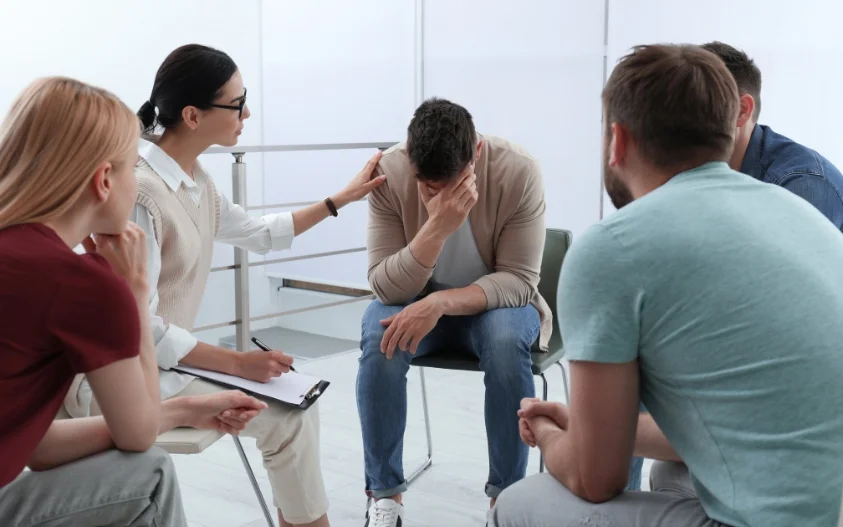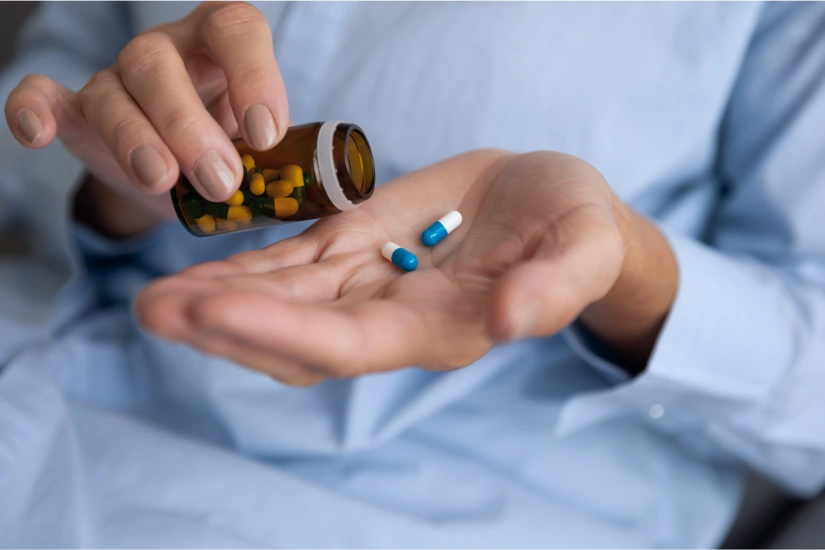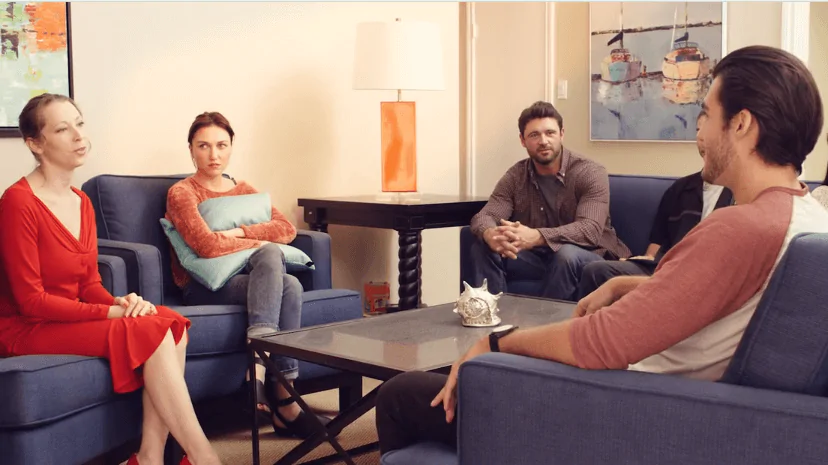24/7 Helpline:
(866) 899-221924/7 Helpline:
(866) 899-2219
Learn more about Medication-assisted Treatment centers in Prince George
Medication-assisted Treatment in Other Cities

Other Insurance Options

GEHA

State Farm

Ceridian

Amerigroup

Oxford

Molina Healthcare

BlueCross

Horizon Healthcare Service

Optum

Excellus

Meritain

CareSource
Beacon

Highmark

United Health Care

MVP Healthcare

Access to Recovery (ATR) Voucher

Lucent

Coventry Health Care

Covered California












Community Services Board – Prince George Counseling
Community Services Board - Prince George Counseling Services offers outpatient treatment for adults ...


